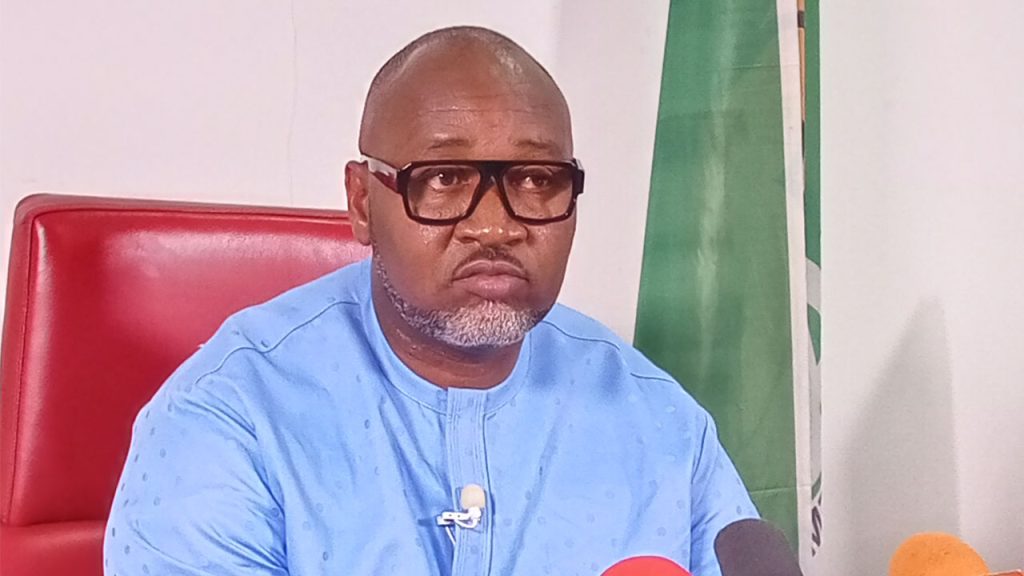In a striking set of claims that have ignited debate over Nigeria’s political landscape, Dumebi Kachikwu, a former presidential candidate for the African Democratic Congress (ADC), has alleged that ex-President Goodluck Jonathan sought to broker a deal with Labour Party figure Peter Obi ahead of the 2027 elections. Speaking at a press briefing in Abuja on Friday, Kachikwu asserted that Jonathan proposed appointing Obi as Coordinating Minister of the Economy—a prominent economic policymaking role—if he abandoned his presidential ambitions and backed Jonathan’s potential bid.
Kachikwu further accused Northern Nigerian political actors of orchestrating Jonathan’s alleged involvement to undermine the South’s influence in national politics. “They have drafted Jonathan into the race, offering Obi a ministerial position to weaken Southern unity,” he claimed, without providing verifiable evidence. The remarks touch on Nigeria’s longstanding North-South political divide, a dynamic rooted in regional, ethnic, and religious differences that often shape elections.
The former ADC candidate also addressed ethnic tensions affecting electoral prospects, alleging that Obi—a member of the Igbo ethnic group from the Southeast—was told he could not secure significant Northern votes. “Obi has been unequivocally informed that his Igbo identity makes him unelectable in the North,” Kachikwu stated, adding that the former Anambra governor was advised to instead become a running mate to Atiku Abubakar, a Northern politician and ex-vice president who has run for the presidency six times.
Kachikwu criticized Abubakar and Northern elites for allegedly perpetuating governance failures in the region, which struggles with high poverty and illiteracy rates. He accused them of deploying divisive tactics, such as framing Nigeria’s current president, Bola Tinubu—a Southerner—as hostile to Northern interests. “They weaponize regionalism, religion, and poverty to convince Northerners that Tinubu is responsible for their hardships,” he charged.
Additionally, Kachikwu condemned misinformation campaigns targeting Tinubu and other Southern politicians, urging citizens to resist “those who exploit division.” He framed the 2027 elections as a pivotal moment for national cohesion, using a metaphor to advocate for systemic reform: “We don’t burn our houses to eliminate pests; we clean them so pests leave on their own.”
While Kachikwu’s allegations reflect simmering tensions ahead of the next election cycle, neither Jonathan, Obi, nor Abubakar has publicly responded to the claims. The accusations underscore the complex interplay of ethnicity, regional loyalty, and power dynamics in Nigeria’s democracy—a nation where political alliances often pivot on identity as much as policy. As debates over equity and representation intensify, Kachikwu’s closing plea—“My earnest prayer is that Nigeria will soon work for all of us”—resonates amid a climate of heightened scrutiny over the nation’s political future.
